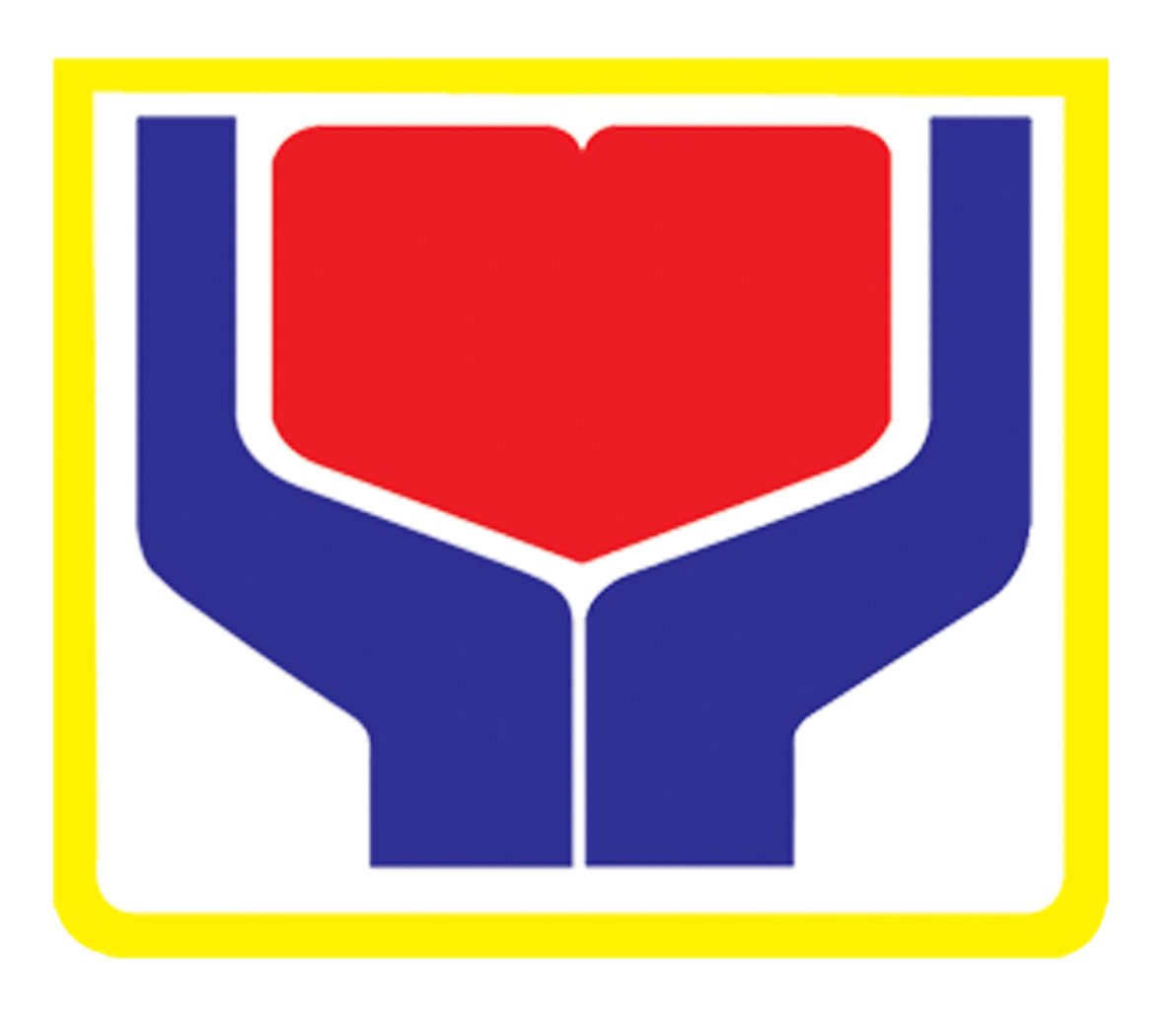A solo parent’s journey out of living in the cemetery
Never did she imagine that she’ll raise her children in a cemetery; however, solo parent Charito Macalalad has no regrets.
“Hindi ko pinangarap na tumira kami sa sementeryo, pero wala talaga kaming pagkukunan ng pang-upa sa bahay,” shared Charito, who prioritized spending what little money she earned at that time for her children’s meals and expenses in school.
More than a decade later, Charito has a house she calls her own. And two of the children she raised in the cemetery are graduating from college this year.
For Charito, this would not have been possible if they were not found by the government in this cemetery in Parañaque City. According to her, being interviewed by a staff of the Department of Social Welfare and Development (DSWD) has opened a lot of opportunities for her and her family.
Finding a more secure home
As a solo parent, Charito would do just about anything to earn money for her children such as doing laundry, cleaning and even scavenging jobs.
“‘Yung mga anak ko, okay lang na dun kami nakatira. Ang mahalaga sa amin ay sama-sama kami,” she shared.
Her children experienced a lot of difficulties in their setup. Most of the time, they study at night under the moonlight.
“Pumapasok din sila sa school na walang laman ang tiyan dahil walang pagkain. Pag-uwi nila sa hapon, wala pa ring makakain,” shared Charito, who added that she also worried about her children’s safety in growing up in such a dangerous environment.
According to Charito, this was their situation when they were interviewed for the Modified Conditional Cash Transfer (MCCT) program of the DSWD.
The MCCT is a modality of the Pantawid Pamilyang Pilipino Program (4Ps) that targeted families with special needs such as homeless street families like Charito’s. The MCCT provides the same benefits as the 4Ps including the provision of monthly cash grants for the educational and health needs of the children and capacity building sessions to parents through the monthly family development sessions.
A unique component, however, of the MCCT for homeless street families is the provision of house rental subsidy to the beneficiaries for one year.
In 2015, Charito immediately grabbed the opportunity to rent a small living space for their family. Her children were able to live in a safer and more secure community and were able to study more comfortably and conveniently, especially at night.
“Nagsimula na din akong magtinda. Nagsimula ako sa isang daang pisong puhunan sa mangga at pinya hanggang sa dumami nang dumami. Hindi naman kasi pwedeng umasa na lang ako sa MCCT. Ang sa akin ay gabay ‘yan, tulong ‘yan at inilaan ko talaga ang tulong para sa gastusin ng mga bata,” she shared.
Balik Probinsya, Bagong Pag-asa
Just as they were settling in Parañaque City, Charito’s family was displaced due to the construction of the C5 extension project. As a resettlement offer to them, in 2019, their family was awarded with a housing unit in a relocation site in Naic, Cavite under the National Housing Authority (NHA).
In February 2020, they were able to move to their new home in the province.
“Medyo mahirap noong umpisa pero masaya ako. Di na kami mangangamba na mapapaalis ka kung wala ka nang pambayad ng upa,” shared Charito, who is happy to have a place she can call her own.
In the same year, her family was also included in the DSWD’s Kapit-Bisig Laban sa Kahirapan – Comprehensive and Integrated Delivery of Social Services (Kalahi-CIDSS) under its Kapangyarihan at Kaunlaran sa Barangay – Balik Probinsya Bagong Pag-asa Program.
Charito received PhP 40,000 transitory family support package and PhP 50,000 livelihood settlement grant, which she was able to use to establish a new livelihood in their new community.
“Nakabili ako ng printer, lamination machine at cutter para sa aking printing at lamination business at isang ref para sa pagtitinda ko ng mga frozen foods,” shared Charito.
Besides having a business of her own, Charito also works as a street sweeper in their barangay and also sells breakfast items in the neighborhood.
With her stable source of income, Charito’s family has been recommended to graduate from the MCCT.
“Okay na okay ako. Graduating na rin naman ‘yung dalawa kong anak at iisa na lang ang aming pagtutulungang paaralin,” she shared.
For Charito, though she still has a lot of dreams to accomplish, such as fully paying their resettlement house, she is happy and grateful to where they are now.
“Hindi ko lubos maisip na andito na kami ngayon. Kahit wala akong asawang katuwang, dumiskarte ako at nagsumikap para sa aking mga anak,” shared Charito with pride. [with reports from JFRioveros]
